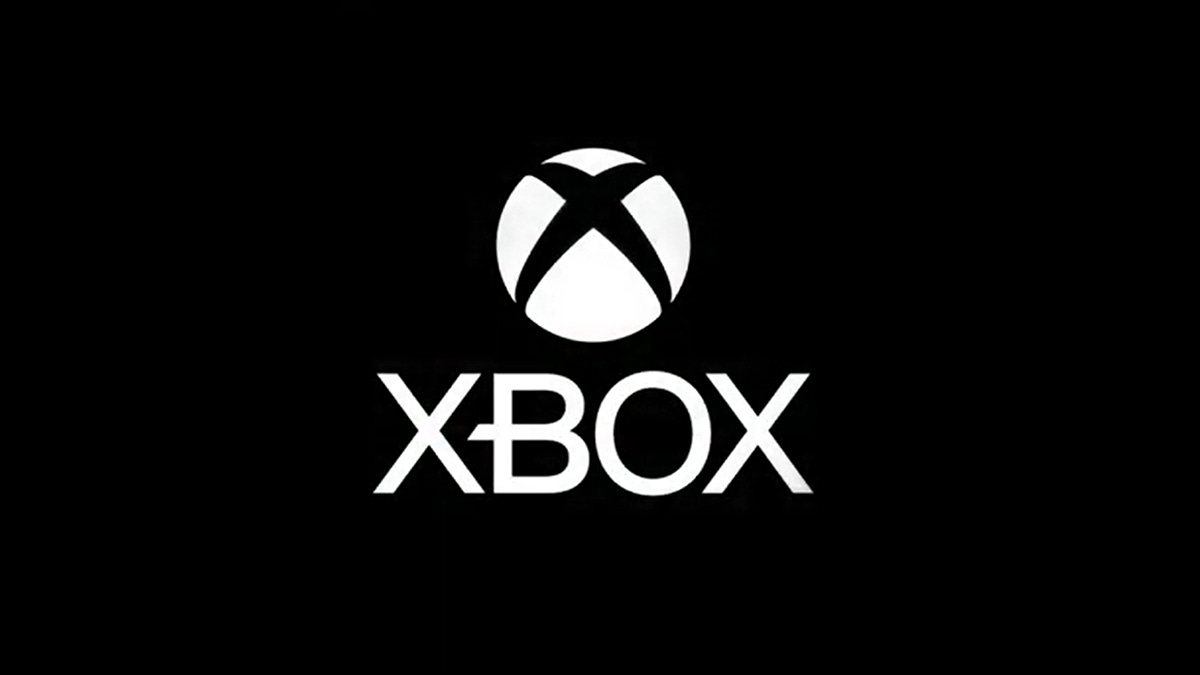Trending
Opinion: How will Project 2025 impact game developers?
The Heritage Foundation's manifesto for the possible next administration could do great harm to many, including large portions of the game development community.
It feels like the Xbox Series X|S has only just found itself, and its successor may not be that far out from release.

Microsoft already has its eyes on its next Xbox console. Axios spotted internal chat logs released from the Xbox maker's trial with the FTC in July reveal the developer is eyeing a 2028 date and more flexible hardware for its eventual successor to the Xbox Series X|S.
In those logs from May 2022, key Microsoft executives such as CEO Satya Nadella and games head Phil Spencer briefly talk about their plans for the future system. When asked about if it'll have fixed hardware standards like earlier consoles, a non-Xbox executive mentions "the plan for 2028."
Date-wise, a roughly eight-year run for the Xbox Series X|S would be relatively in line with last generation: the Xbox One and PlayStation 4 spanned from 2012 to 2020. More interestingly, it appears that Microsoft wants to change up how it handles hardware standards for the future Xbox.
Anuj Gosalia, corporate VP of immersive experiences, asked if the system may "force a Windows-like flexible/capabilities-like model." In response, corporate VP of game ecosystems Kevin Gammill remarked that Microsoft already experimented with this approach via previous and current Xbox generations.
"We have already started this journey with Xbox One and Xbox One X, furthering it in Series X|S," wrote Gammill. He added Microsoft will have to be "even more flexible going forward with gen 10, but also provide the ability for creators to take advantage of unique hardware capabilities."
Microsoft is in a unique position to experiment with hardware, due to creating the Windows operating system and how it's created a linked ecosystem between console and PC. While Gammill has noted flexibility could benefit the company in the long run, Gosalia noted that consoles "[give] a very clear platform target for developers."
All three console makers understandably have their eyes on the future: Nintendo's reportedly gearing up for its Nintendo Switch successor, which is said to be aiming for a late 2024 release. And while Sony hasn't said much on the PlayStation 6, its presence looms over Activision Blizzard, should Microsoft acquire the third-party studio.
Come this November, the Xbox Series X|S and PlayStation 5 will both be three years old. But unlike earlier consoles, the two systems had a rough start due to the COVID-19 pandemic and subsequent supply chain issues.
And for Xbox specifically, the Series S has also made development on some current-gen games more difficult. Spencer said in August the system will continue to be important for Xbox, but it's another wrinkle in an already odd console generation.
Further complicating issues is that a variety of big first and third-party games were cross-gen titles, like Halo Infinite and God of War Ragnarok. One could make the argument this current console generation just started, as Starfield and Marvel's Spider-Man 2 are both current-gen only.
Forces outside of Microsoft or Sony's control have changed this console generation and game development in ways that are still being felt throughout the industry. How it affects our perception of what a console generation is and how long it lasts may not fully be seen until the new systems arrive.
You May Also Like